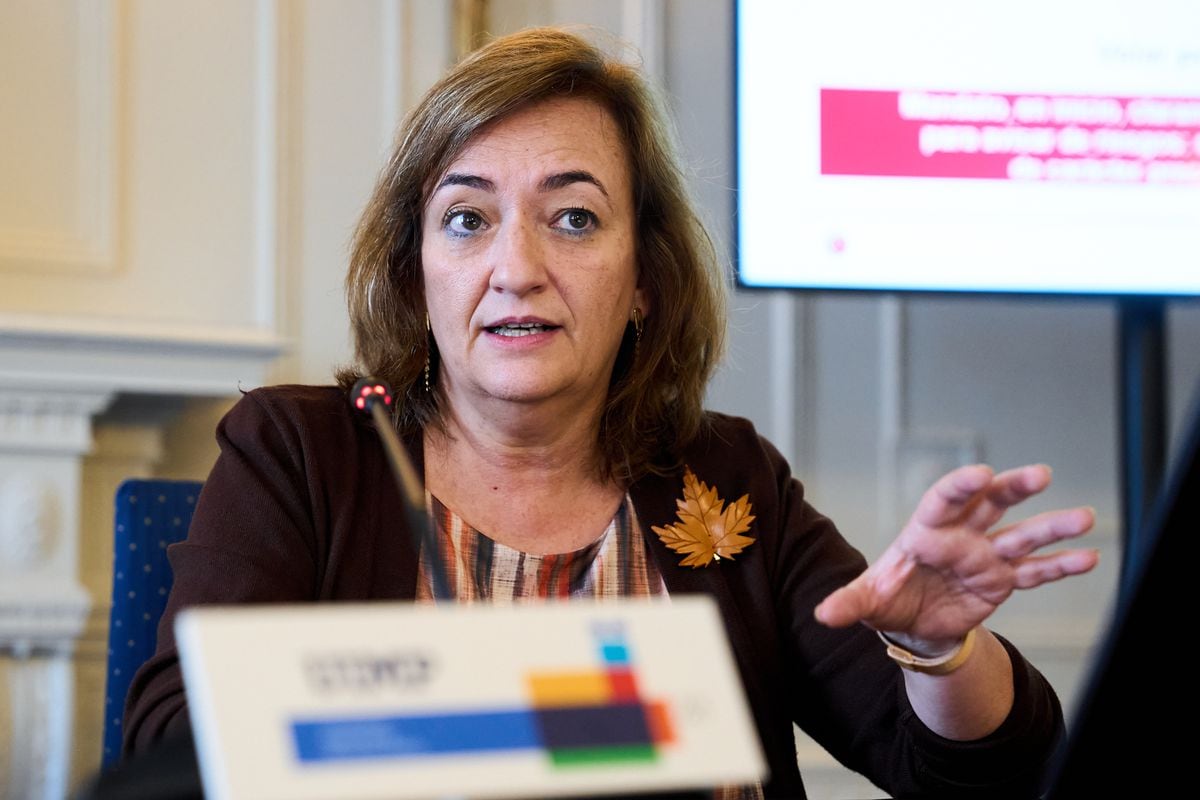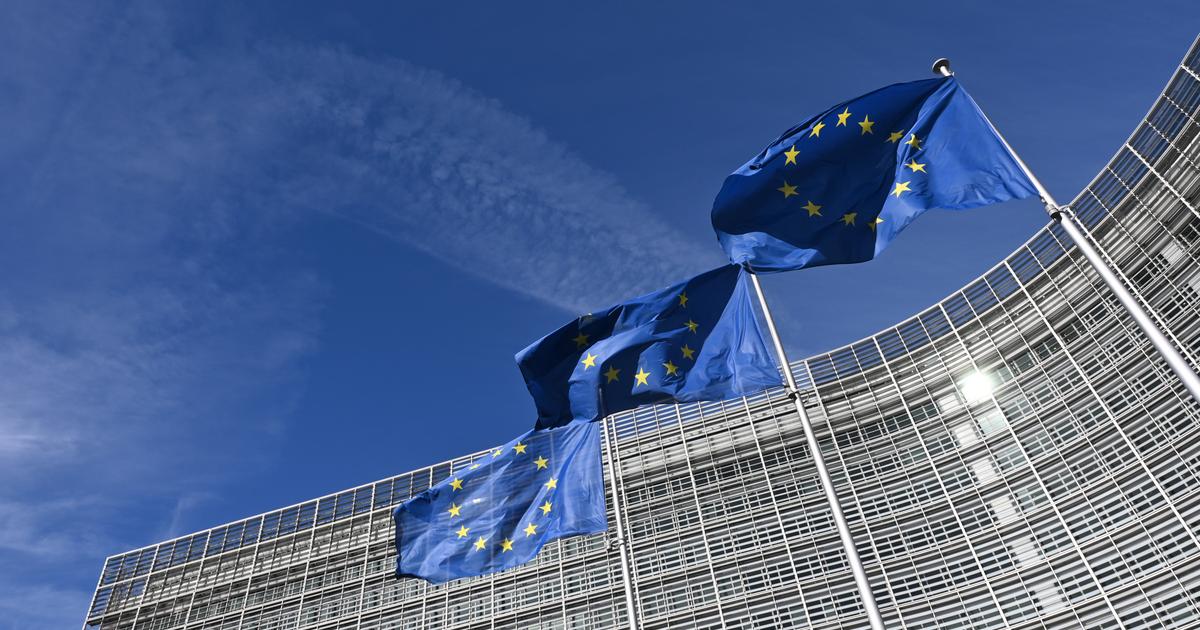The European Commissioner for the Economy, Paolo Gentiloni, in Brussels last Monday.Horst Wagner / EFE
The European Union has finally completed the procedures to be able to finance the European recovery plan, the Next Generation EU fund.
Austria and Poland were the last Thursday night to ratify the decision on own resources that allows Brussels to go to the markets to obtain 800,000 million euros.
The Commission could start issuing debt next June, although diplomatic sources expect that the largest operations will take place from September.
The Community Executive has until the end of next month to give the green light to the national recovery plans, although six countries have not yet submitted their program.
More information
Germany, France, Italy and Spain urge the rest of the EU countries to present their recovery plans as soon as possible
Spain has presented its recovery plan to Brussels.
How is the exam?
When will the money arrive?
Twenty-seven have given the final green light to the community decision on own resources, the law that allows raising the spending ceiling of the European Union, essential to finance the massive recovery package from which Spain aspires to receive 140,000 million euros for investments and reforms.
The Commission needed everyone's signature before May 31 to immediately put into operation the machinery to request debt from the markets.
If not, he had to wait for July.
The southern countries, led by France, urged the Commission to start emissions immediately to add more fuel to the recovery process and not lose steam with the United States and China. Community sources explain that Brussels is also interested in issuing debt before July, since in the summer months the markets are less deep.
With the signature by the 27 partners, in any case, ends a process that has not been without critical moments. Brussels feared that the green light of all the partners would not come because of the German Constitutional order to freeze it until it had been verified its legality, the
supermajority
that the courts demanded from the Finnish Parliament or the disagreements within the Polish governmental majority. Brussels, moreover, did not lose sight of everything that was happening in the Netherlands, Austria and Hungary.
Finally, the EU has left all these pitfalls behind.
“With the vote in Austria and Poland the ratifications to raise funds in the markets for the Next Generation EU concluded.
An important step for the relaunch of the European economy ”, affirmed the Commissioner of Economy, Paolo Gentiloni, through his Twitter account.
"Good news," summed up the Foreign Minister, Arancha González Laya.
With the vote in Austria and Poland I concluded the ratification for raccogliere sui mercati i fondi per #NextGenerationEU An important step for the rilancio dell'economia Europea
- Paolo Gentiloni (@PaoloGentiloni) May 27, 2021
The Budget Commissioner, Johannes Hahn, celebrated the agreement and trusted that in the four days until the end of the month some legal procedures will be completed to be able to issue debt. Among other things, countries must formally notify Brussels about the final approval of the package that the heads of state and government endorsed in July 2020.
Brussels must now evaluate the 27 national recovery and resilience plans submitted by the countries. For now, the capitals have sent 21 programs to him (Finland, Ireland, Sweden have just done it). The proposals from the Netherlands or Hungary have not yet arrived. The Commission has two months to judge those documents, and thereafter the Council has another 30 days. The EU presidency, which is in the hands of Portugal, continues to pressure the Community Executive to cut deadlines. Lisbon wants Brussels to have the first plans ready by mid-June and for the EU finance ministers to give them the green light that same month. This calendar would allow the pre-financing (13% of the funds) to begin to arrive in the countries in July,either on a pro-rata basis or by giving priority to those who first brought their plans to the Commission.
However, community sources insist that they need to exhaust the deadlines to be able to thoroughly examine the thousands of pages submitted by the countries. The capitals also doubt that they can give the final green light to the plans in just a matter of days. Diplomatic sources assure that having the exam completed in July is already optimistic for all countries to be able to analyze the content of their partners' plans. "June is already too optimistic," these sources maintain. Countries cannot veto a plan, but they can apply the so-called “emergency brake” if they see that the agreed reforms are not being carried out and raise the plan to the heads of state and government.

/cloudfront-eu-central-1.images.arcpublishing.com/prisa/LM5OSKPBGVI6YF4IDV6BX6N6LQ.jpg)







